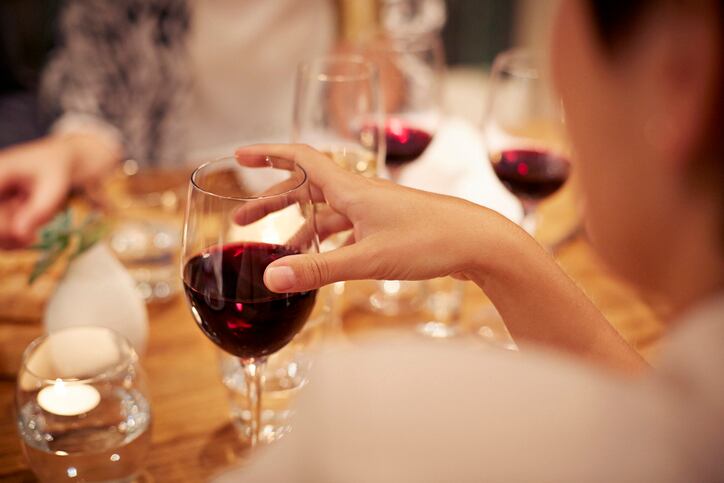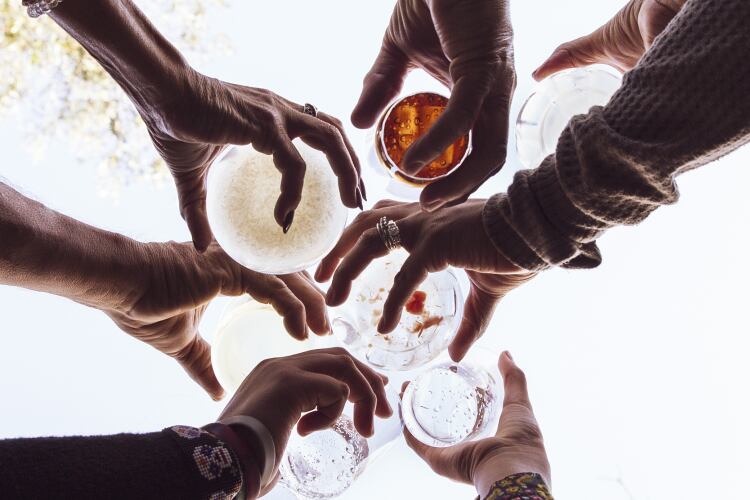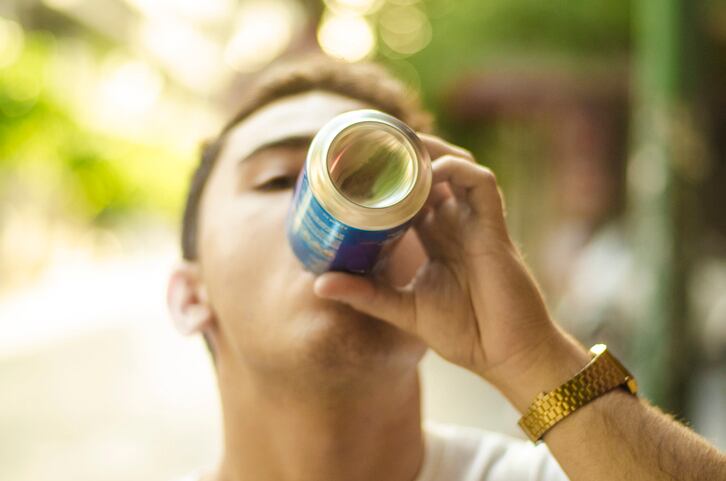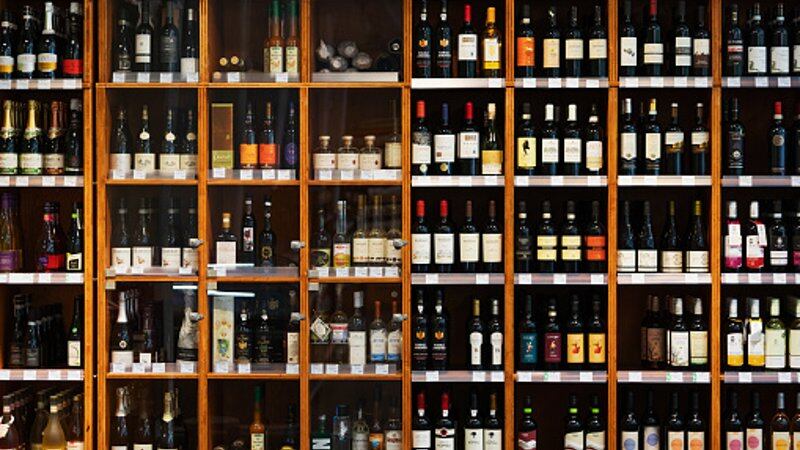Conducted by researchers from Shenzhen Kangning Hospital and Southwest Hospital, they analysed 473,957 subjects from the UK Biobank cohort to investigate the association between alcohol consumption with COVID-19 risk and mortality.
It was also revealed that white wine and champagne drinkers who consume between one to four glasses per week had a 7 to 8% lower risk for COVID-19, compared to non-drinkers. This protective effect was not significant when they consumed five or more glasses per week.
Consumers of fortified wine between one to two glasses a week were associated with a 12% lower risk of COVID-19 compared to non-drinkers. Similarly, any consumption three or more glasses a per was not associated with lower COVID-19 risks.
The study also investigated other forms of alcohol including beer, cider and spirits.
For beer and cider, drinkers had 7 to 28% higher risks of getting COVID-19 regardless of the amount they consumed, compared to non-drinkers.
Spirit drinkers also had a higher risk of COVID-19 the more they consumed.
Writing in Frontiers of Nutrition, researchers said: “The COVID-19 risk appears to vary across different alcoholic beverage subtypes, frequency, and amount. Red wine, white wine, and champagne have chances to reduce the risk of COVID-19. Consumption of beer and cider and spirits and heavy drinking are not recommended during the pandemic.”
Study design
Because the association of alcohol consumption (status, frequency, amount, and subtype of alcoholic beverages) with COVID-19 risk and associated mortality have not been investigated, researchers conducted this study involving 473,957 subjects with an average age of 69 from the UK Biobank, of which 16,559 tested positive for COVID-19.
The status of participants were grouped into non-drinker, previous drinker, and current drinker.
The frequency of alcohol consumption was divided into low frequency (<3 times a week), high frequency (≥3 times a week), and never.
The amount of alcohol consumption was quantified as the average weekly number of units of alcohol consumption.
The recommended guideline in the UK is less than 14 units/week.
Findings
“In our study, the consumption of different alcoholic beverages was associated with different chances of COVID-19 infection,” researchers said.
The results revealed that the high consumption of red wine, white wine, champagne and low intake of fortified wine had protective effects against COVID-19.
Consumption of beer and cider regardless of the frequency and amount of alcohol intake, and high consumption of spirits (more than five glasses per week) were associated with increased COVID-19 risk.
Researchers think the polyphenol content in alcoholic beverages, which have antioxidant properties, may play a role in this.
Red wine has the highest concentrations of phenolic compounds such as stilbenes, proanthocyanidins, and resveratrol. These polyphenols are known to decrease blood pressure, reduce inflammation, as well as inhibit the effects of viruses such as influenza and other respiratory tract-related infections.
“These findings support the notion of the strong beneficial properties of red wine against the COVID-19 risk,” according to them.
Beer also contains polyphenols like chalcones and flavanones, since its main raw materials are malt and hops.
Spirits had the highest alcohol concentration and the lowest polyphenolic concentration.
Researchers said: “These findings may suggest that the specific class of polyphenolic constituents may be responsible for the beneficial effect of alcoholic beverages on COVID-19 events, and not the alcohol concentration.
“In our study, the ingredients and concentration of polyphenol of alcoholic beverage subtypes were not considered, and a study with more details about the ingredients and concentration of polyphenol is needed in the future.”
In addition to COVID-19 risk, alcohol drinker status, frequency and amount of alcohol consumption, and all subtypes of alcoholic beverage were not associated with COVID-19 associated deaths.
Limitations
Researchers said: “The potential association of heavy alcohol consumption with COVID-19 and associated mortality should be further explored in a larger sample sized cohort although ascertaining the prospective effect of heavy alcohol consumption would be challenging because heavy drinkers would be unlikely to volunteer for such studies.”
“Public health guidance should focus on reducing the risk of COVID-19 by advocating healthy lifestyle habits and preferential policies among consumers of beer and cider and spirits.”
One limitation of this study was the restricted age range of subjects from the UK Biobank, hence the results could not represent the young population and those of different countries.
Source: Frontiers in Nutrition
https://doi.org/10.3389/fnut.2021.772700
“COVID-19 Risk Appears to Vary Across Different Alcoholic Beverages”
Authors: Xi-jian Dai, et al.




